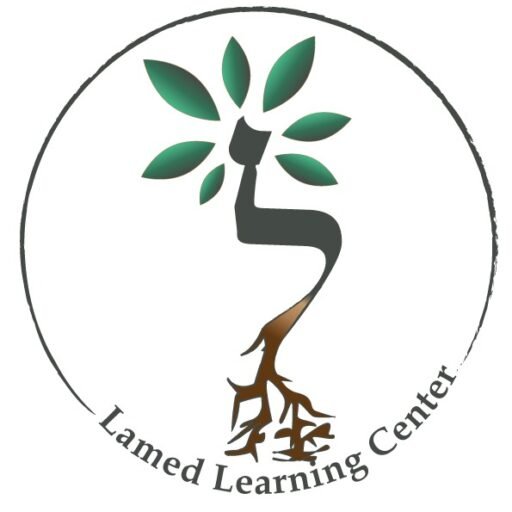
Parashat Mishpatim begins with the words “These are the rules (statutes) that you shall set before them. When you acquire a Hebrew slave, he shall serve six years; in the seventh year he shall go free, without payment” (Shemot 21:2).
וְאֵ֙לֶּה֙ הַמִּשְׁפָּטִ֔ים אֲשֶׁ֥ר תָּשִׂ֖ים לִפְנֵיהֶֽם
כִּ֤י תִקְנֶה֙ עֶ֣בֶד עִבְרִ֔י שֵׁ֥שׁ שָׁנִ֖ים יַעֲבֹ֑ד וּבַ֨שְּׁבִעִ֔ת יֵצֵ֥א לַֽחׇפְשִׁ֖י חִנָּֽם
In Parashat Yitro, we read about receiving the Torah and Ten Commandments, and now we will learn about some of the rules given on Har Sinai (Mt. Sinai). There are various laws pertaining to the treatment of slaves, personal injury and property. The laws within Mishpatim deal with Mitzvot between individuals.
It is very interesting to note that a person was only meant to be a slave for a short period of time, not for life, and his children weren’t automatically born into slavery. Rabbi Yaakov Wolbe says that “the objective of this rehabilitation period was to prime them to return to society; to live a normal life.” It’s quite different than slavery in the past. It is also interesting to note that today we don’t have a true rehabilitation process for someone who needs to pay a debt.
The obvious question is why do we read about laws after reading about the revelation at Har Sinai? It is because the way to treat others and things are fundamental ideas of the Torah. For example, the Torah tells us that we must only be servants of G-d. We are required to return lost items, pay for damaged property or if we hurt someone, treat servants with respect, and how to treat our parents. According to Rabbi Yitzchak Breitowitz, when we express gratitude to our parents who gave us life, we are better able to understand G-d. The relationship we have with our parents has a direct influence on our relationship with G-d. The way a parent relates to a child is how the child will relate to G-d.
The Torah shows us the way to live, the way to treat others, and the way to lead. B’nai Yisrael journeyed from slavery to freedom. However, their freedom came with responsibility. Guidelines were set for how to serve G-d and in our relationships with others. We learn how to follow G-d, and we also learn how to lead others. Rabbi Lord Jonathan Sacks states that “God can change nature, said Maimonides, but He cannot, or chooses not to, change human nature, precisely because Judaism is built on the principle of human freedom. So He could not abolish slavery overnight, but He could change our choice architecture, or in plain words, give us a nudge, signalling that slavery is wrong but that we must be the ones to abolish it, in our own time, through our own understanding. It took a very long time indeed, and in America, not without a civil war, but it happened. There are some issues on which God gives us a nudge. The rest is up to us.” The laws in Mishpatim are the guide and it is up to us to live accordingly. May we merit to carry out these laws to the best of our ability and usher in the coming of Mashiach!
